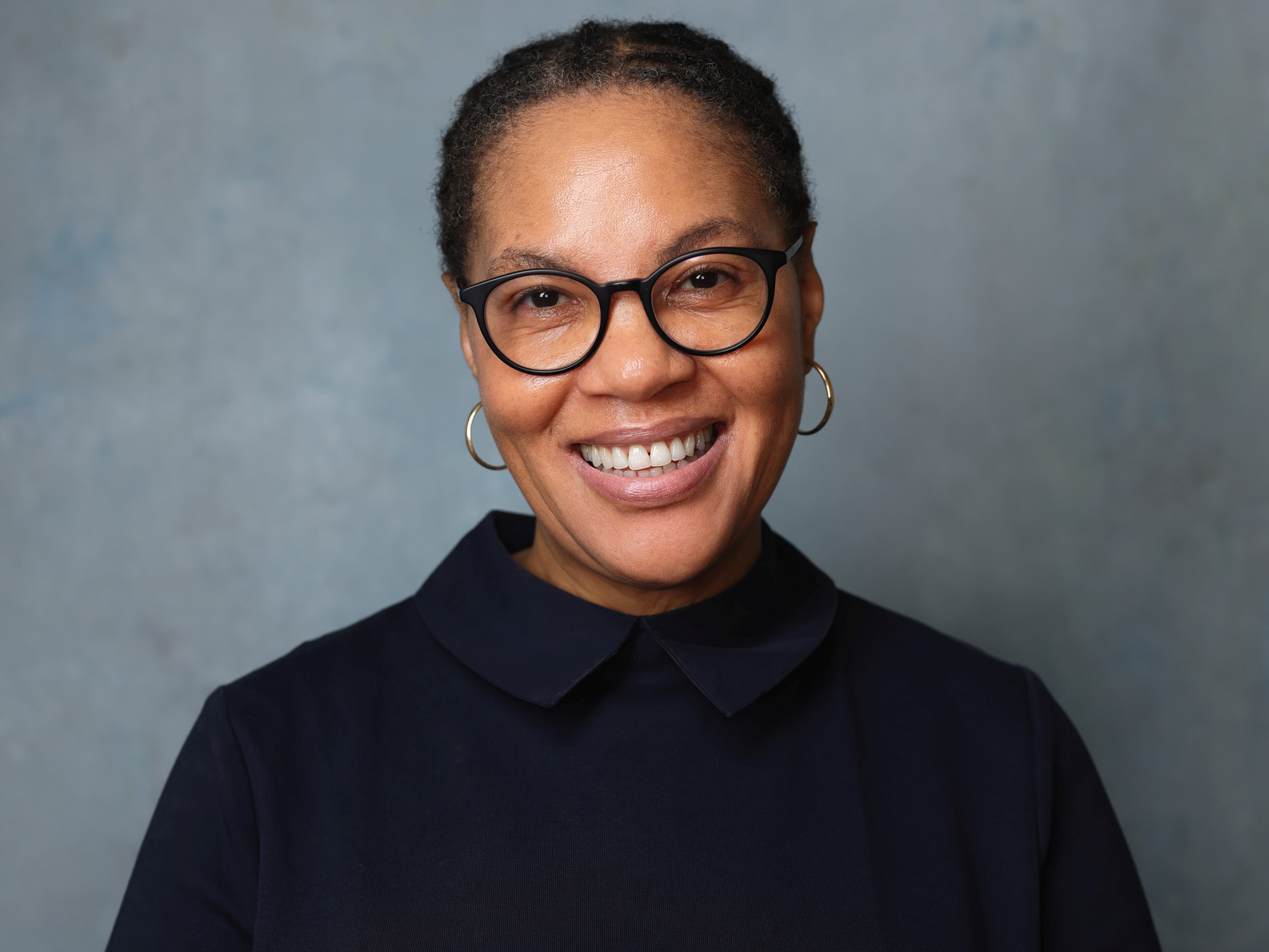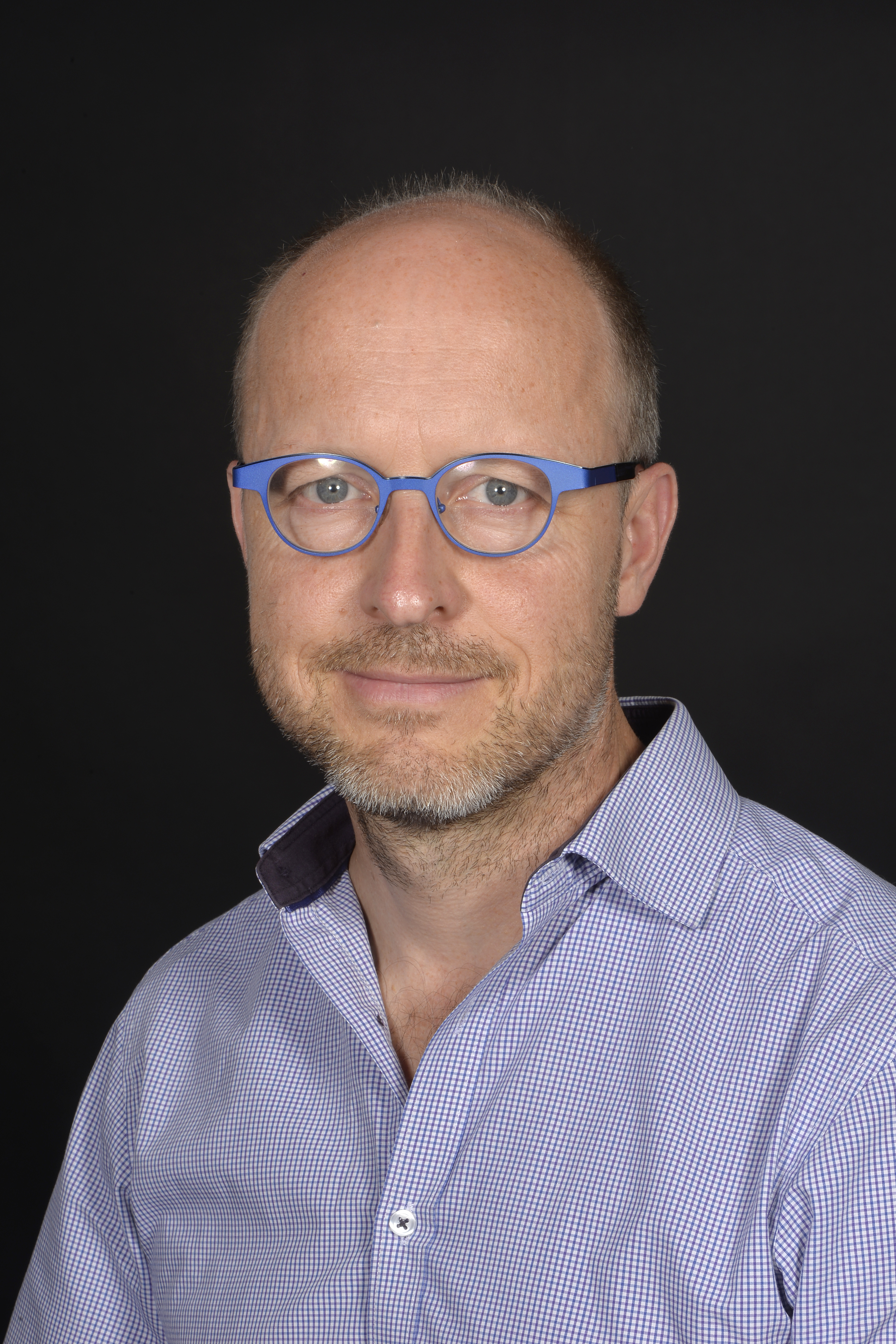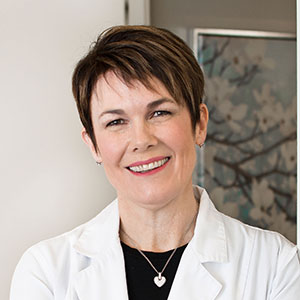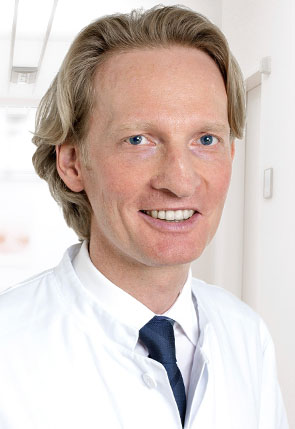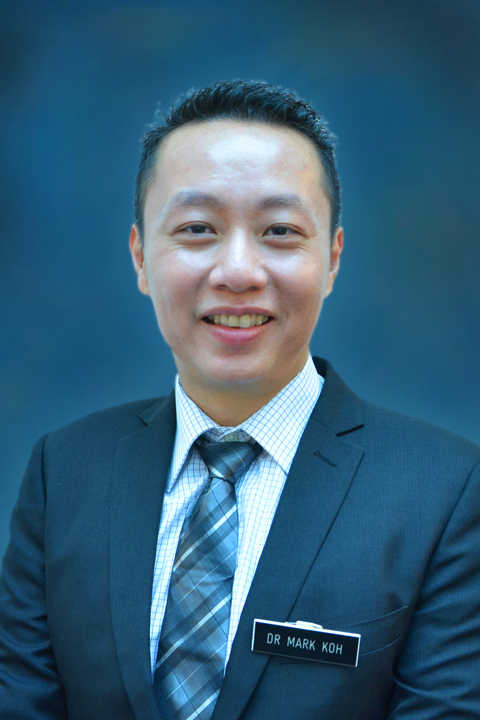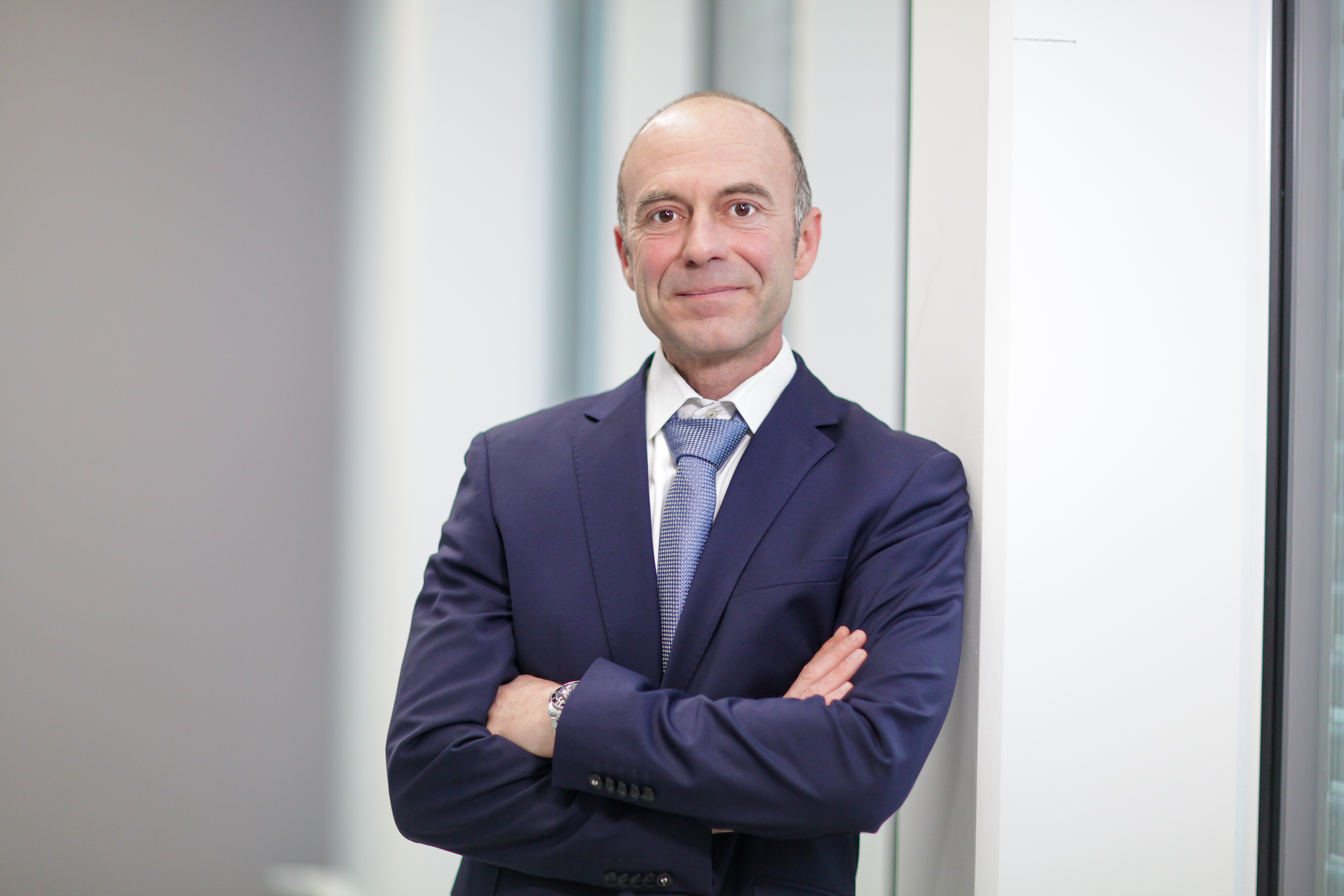IEC International Clinical Fellowship Program DetailsWhat is an IEC International Clinical Fellowship?Clinical Fellows are paired with an expert IEC Councilor in a clinical setting to learn hands-on clinical techniques for diagnosis, treatment, and management of atopic dermatitis. The program combines in-person mentoring and observation along with distance learning. The IEC International Clinical program is open to all. However, recognizing the pressing need to address the under-representation of specific regions and countries in medical fellowships, there is a concerted effort by the IEC to tackle this issue head-on, with a particular emphasis on areas such as Africa, Southeast Asia, and South America. These regions often face significant challenges in accessing medical fellowship opportunities, particularly those related to atopic dermatitis. The IEC is actively working to identify and support candidates from under-represented countries, while aiming to alleviate financial barriers that may impede their participation. These important strategies allow individuals from under-represented countries to contribute their unique perspectives and experiences to the global medical community. Clinical Fellows observe the Mentor onsite for a minimum of 4 weeks. Following the onsite period, the Clinical Fellows and Mentor have planned communications throughout the remaining year (11 months) via virtual meetings, email, teleconferences, and other opportunities. Most of the in-person time (80-90%) will be spent observing clinical activities with patients. Clinical Fellowship Awardees will receive a maximum of $5,000 as a fellowship stipend and up to a $2,000 travel reimbursement. The host institution will receive a $1,500 facility stipend. All awards are processed in US dollars. What is the Clinical Fellowship Curriculum?The curriculum includes prevention, diagnosis, and treatment of AD including conventional and recently approved topical and systemic treatments. Curriculum topics may include but are not limited to pathogenesis of AD and differences between different AD subtypes, emerging atopic AD and its epidemiologic and diagnostic data, and the systemic nature of comorbidities in patients with moderate-to-severe disease. What are the Expectations of a Clinical Fellow?Clinical Fellows are required:
Note: Fellows will also be awarded up to a $2,000 reimbursement to support travel to a Congress or major educational, scientific or policymaking meetings and/or national, regional or specialty medical association meetings/conferences. Funds may cover registration fees, travel and accommodations. Funds must not be used to support any meal, snack or reception. Post Fellowship EvaluationFellowship outcomes will be determined using various measures tailored to each match. Evaluations will consist of data collected from participants, surveys, interviews, and the completeness of the presentation, and will be used to measure the Fellow’s increased knowledge, competence, performance, and patient outcomes in the clinical or research setting. Interested in Applying?Applications for the IEC International Research Fellowship Program are currently closed. Please check back for future application periods. Fellowships must take place at an accredited Councilor-based academic institution. Sites and Mentors for the 2024 IEC International Clinical Fellowship Program include:
Fellowship awards are contingent on the availability of funds and the receipt of sufficiently meritorious applications. To apply, applicants must also include:
Incomplete applications will not be considered. For questions, please contact IEC CEO Alan Stiles at [email protected]. SponsorshipThe IEC International Clinical Fellowship Program is funded by the IEC Foundation.
|

